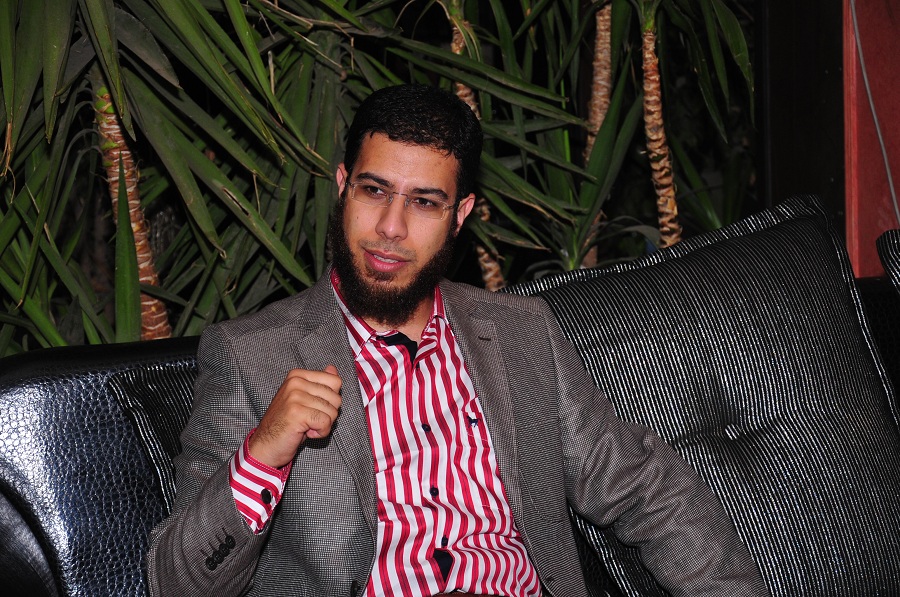A state of uncertainty dominates the Egyptian street. Everybody is waiting for an important event on May 4. Some are afraid that matters would get out of hand and we would witness a repeat of what happened on the April 6 strike – destruction, sabotage and violent intervention by the authorities to suppress citizens.
Others feel that the strike will fail to achieve its purpose, not just because of the absence of a well-organized and clear strategy, but also due to the decision by political parties and the Muslim Brotherhood not to participate.
I personally believe that the strike has succeeded even before it begins, regardless of what will happen on the day of strike. Suffice it to say that there is a general feeling that silence is no longer enough and that society started moving to counter the failed policies of the government that have led to the deterioration of living and social conditions. It is also enough that the regime has started realizing that society is no longer keeping quiet but is becoming an influential part of the political game after three decades of exclusion.
I believe that the May 4 strike will outweigh the impact of that of April 6, even though it may be a silent strike. This is because it reflects raised awareness among Egyptians, confirming that the security option is not the only solution to address the problems and concerns of Egyptians. It also emphasizes the community s insistence on a peaceful and civilized way to express their frustrations.
The May 4 strike has revealed three facts. First, betting on the submission and surrender of the critical mass , or the young generation of Egyptians, has failed, as those young people stir the country and lead the strike from a distance through the internet.
Second, the strike signals the end of the era of political parties in Egypt, because they are unable to understand what is happening in Egyptian society. The parties have failed to respond to the people s demands and defend their rights. That s why these parties refused to participate in the strike, as if it will be taking place in another country.
Third, this strike also signals the end of the one-party era. The ruling National Democratic Party (NDP) is no longer the majority party, but there is another party that is larger in numbers and influence – the Facebook party. How funny it was when the NDP recruited a group of youths to launch a counter-campaign on Facebook to stop the call for May 4 strike!
It is not important whether the Muslim Brotherhood or political parties will participate in the strike. On the contrary, if they do not participate it will be better so that the success of the strike will not be attributed to them, to the exclusion of other community groups that represent the real source of legitimacy.The regime and its government should have heeded the demands of the young men who lead a rebellious movement on the internet. Prime Minister Ahmed Nazif should have listened to Cairo University student Bilal Diab, who expressed the aspirations and hopes of a whole generation of Egyptians who are afraid of the future. The NDP should have held dialogue sessions with the young Facebook activists to listen to their viewpoints and discuss their ideas and concerns rather than attempt to face them online.
Khalil Al-Ananiis an expert on Political Islam and Deputy Editor of Al Siyassa Al Dawliya journal published by Al-Ahram Foundation. E-mail: [email protected].
